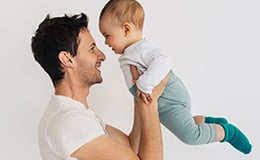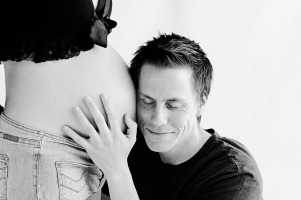
Cast Your Vote for Coastal Fertility for Best Fertility Specialist in the 2024 Charleston's Choice Contest!
The Post and Courier’s 2024 Charleston’s Choice Contest has begun and we’re so excited! ![]() We’re honored to have won Best Fertility Specialist for the past several years and hope to take home the gold again this year
We’re honored to have won Best Fertility Specialist for the past several years and hope to take home the gold again this year ![]() Thank you to all of our amazing patients and staff for voting for us each year! We are calling on you to cast your vote again for 2024! Click the the button below to vote and if you feel inclined, please share the link with your family and friends too
Thank you to all of our amazing patients and staff for voting for us each year! We are calling on you to cast your vote again for 2024! Click the the button below to vote and if you feel inclined, please share the link with your family and friends too ![]() Coastal Fertility is committed to helping couples realize their dreams of having family and we are proud of our amazing staff, experienced physicians and high success rates!
Coastal Fertility is committed to helping couples realize their dreams of having family and we are proud of our amazing staff, experienced physicians and high success rates!






